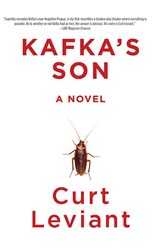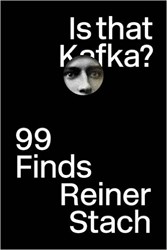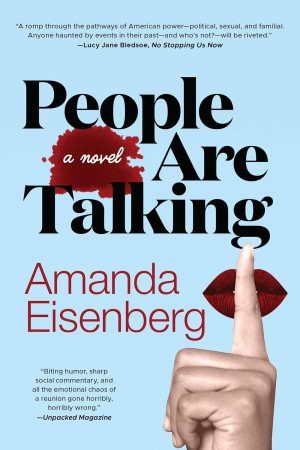As the founding editor of the Jewish Review of Books, Abraham Socher established a forum for engaged discussion and debate in the manifold fields that comprise Jewish Studies. In Liberal and Illiberal Arts, Socher draws on his own varied interests in Jewish culture, collecting a series of essays and reflections on a range of Jewish subjects and major historical figures. The result is a lively gathering of essays showing how an attentive reader, immersed in the sources of Jewish religion and philosophy, can illuminate a familiar text. Socher’s mode of close reading demonstrates the interpretive power that resides in deep Jewish learning.
A noted scholar of the Jewish Enlightenment, Socher journeys beyond his intellectual specialty in this rich gathering of thought. At the outset, Socher confesses to “playing hooky” from the high-level abstractions associated with academic writing. Instead, he seeks “the small human story behind a great or favorite book.” Socher’s subjects include film, contemporary fiction, major figures of Jewish philosophy and mysticism (above all the legendary friendship and correspondence in the 1920s and thirties between Walter Benjamin and Gershom Scholem), Rebbe Schneerson and the power of his charismatic mode of outreach, and, above all, the recent controversy concerning Jewish students and a complicated story of racial politics at his own institution, Oberlin College.
What distinguishes Liberal and Illiberal Arts is Socher’s absorbing personal narrative, detailing his journey from Torah study as a young man in a Los Angeles yeshiva, with the memory of his father’s illness and the moving story of the son’s sorting through his father’s well-read library of classical philosophy, to the depressing insider account of “unleashed students” and the fate of liberal education in rural Ohio. Ultimately, however, Socher’s main subject in Liberal and Illiberal Arts is what he calls “the sheer gravitational force of American Jewish life.”
For Socher, as this collection of striking observations and insights into a range of Jewish and non-Jewish texts and figures attests, a potentially deeper Jewish identity resides in the acquisition, and then application, of Jewish learning. Socher, in effect, exemplifies the condition of such an intellectually-awakened mode of Jewish identity. “Learning,” after all, “is really an act of recall,” he observes. Whether his invitation — in effect, challenge — to recuperate deeper Jewish learning will be heeded remains, as he already knows, unclear.
Donald Weber writes about Jewish American literature and popular culture. He divides his time between Brooklyn and Mohegan Lake, NY.





